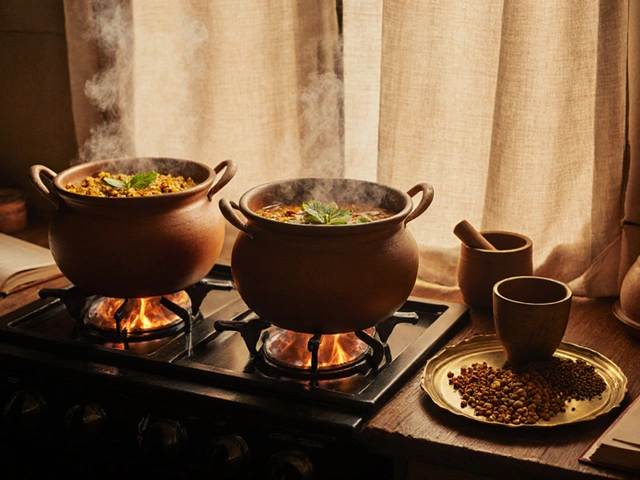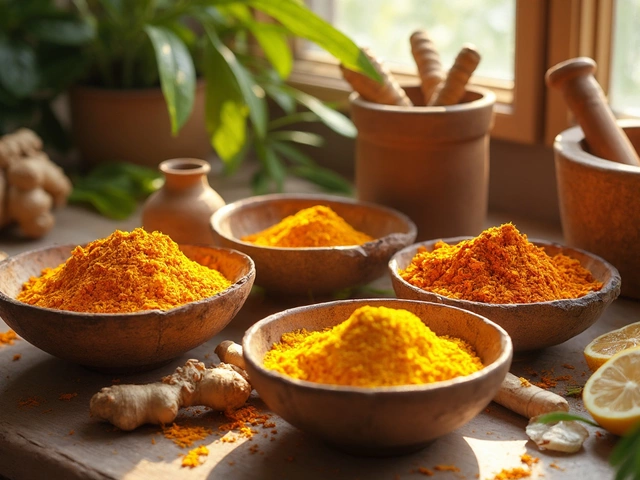Kidney Health: Easy Ways to Keep Your Kidneys Strong
Kidneys work nonstop to clean your blood, balance fluids, and keep blood pressure in check. When they’re healthy, you feel more energetic and avoid costly medical problems. The good news? Most kidney damage can be prevented with a few everyday habits.
Everyday Habits That Support Kidney Function
First, stay hydrated. Drinking about 2–3 liters of water a day (more if you sweat a lot) helps the kidneys flush out waste. If you’re not a fan of plain water, try coconut water, herbal teas, or diluted fruit juices.
Second, watch your salt intake. Too much sodium makes the kidneys work harder and can raise blood pressure. Aim for less than 2,300 mg of salt daily – that’s roughly one teaspoon. Choose fresh foods over packaged snacks, and season meals with herbs, lemon, or pepper instead of table salt.
Third, keep blood sugar stable. High glucose damages the tiny filtering units in the kidneys. If you have diabetes, follow your doctor’s plan, monitor blood sugar, and avoid sugary drinks.
Exercise also matters. Moderate activity like brisk walking for 30 minutes most days improves circulation and helps control blood pressure, both of which protect the kidneys.
Foods and Drinks That Help or Harm Your Kidneys
What you eat can either support or stress your kidneys. Foods rich in antioxidants – such as berries, leafy greens, and bell peppers – combat inflammation and keep kidney cells healthy. Omega‑3 fatty acids found in fish, flaxseeds, and walnuts also have protective effects.On the flip side, limit foods high in phosphorus and potassium if you already have kidney issues. Processed meats, soda, and fast food are common culprits. Even if you’re healthy now, cutting back reduces the long‑term load on your kidneys.
Protein is essential, but balance is key. A moderate amount of high‑quality protein (lean poultry, fish, lentils) supports muscle health without overloading the kidneys. Avoid loading up on protein powders unless a doctor advises otherwise.
Alcohol should be consumed sparingly – no more than one drink a day for women and two for men. Excessive drinking raises blood pressure and can lead to kidney inflammation.
Finally, regular check‑ups matter. Simple blood and urine tests can catch early signs of kidney stress. If your doctor spots high creatinine or protein in urine, you’ll have a chance to adjust your diet and lifestyle before serious damage occurs.
Putting these habits together creates a kidney‑friendly routine that’s easy to stick with. Hydrate, cut back on salt and sugary drinks, choose fresh foods, stay active, and keep an eye on your health checks. Your kidneys will thank you with better energy, clearer skin, and fewer doctor visits.





